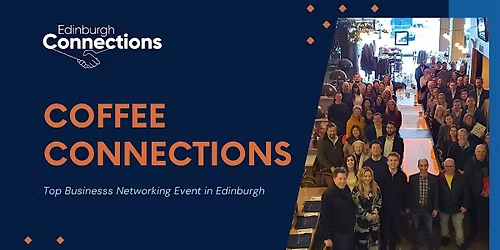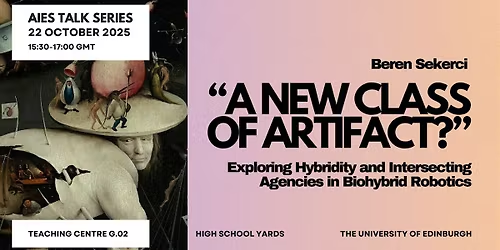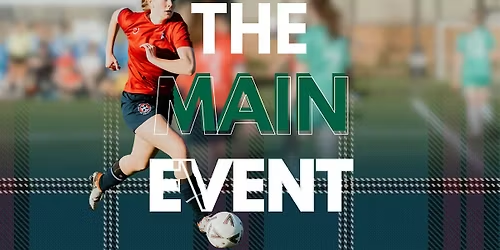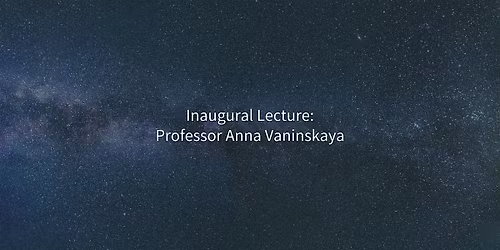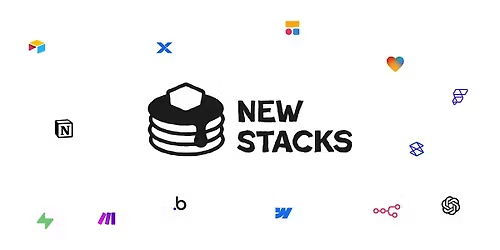
About this Event
Abstract
Who bears the cost of free in our AI-accelerated world? The foundational promise of open source software and open content licensing — that knowledge and code should be freely accessible to all — faces a significant challenge in the age of artificial intelligence. AI has put a huge strain on both the “libre” and “gratis” aspects of free culture, but of these twin pressures, the cost aspect is the one currently pressing down the hardest. As AI systems increasingly rely on vast datasets scraped from the open Web, open repositories, wikis, forums, and other commonly (and commons-ly) available works, the infrastructure costs of supporting these free resources are growing exponentially. What was once sustainable through volunteer labor and modest hosting fees now requires massive computational resources, bandwidth, and storage to serve both human users and the voracious appetites of large language models.
This talk examines the emerging tension between the philosophical ideals of open access and the economic realities of AI-driven demand, lensed through the experiences we’ve had to date managing programmatic access to content from Wikipedia. The presentation will:
- Review the landscape of current approaches to this challenge, from rate limiting and API monetization to corporate payment programs;
- Dig into the details of the approach we’ve taken to date at the Wikimedia Foundation in our attempt to balance these opposing forces;
- Consider whether these solutions preserve or undermine the democratic promise of open knowledge; and
- Indulge in speculation regarding possible futures that could result from the choices we make to support free in this newly expensive environment.
Event Venue & Nearby Stays
Room G.07, Informatics Forum, University of Edinburgh, 10 Crichton Street, Edinburgh, United Kingdom
USD 0.00

